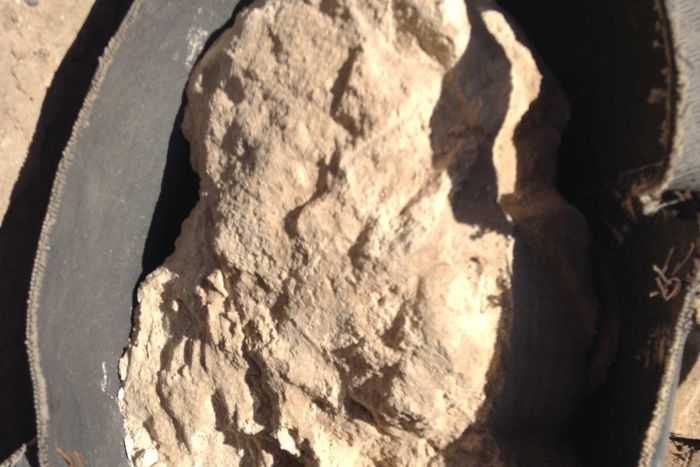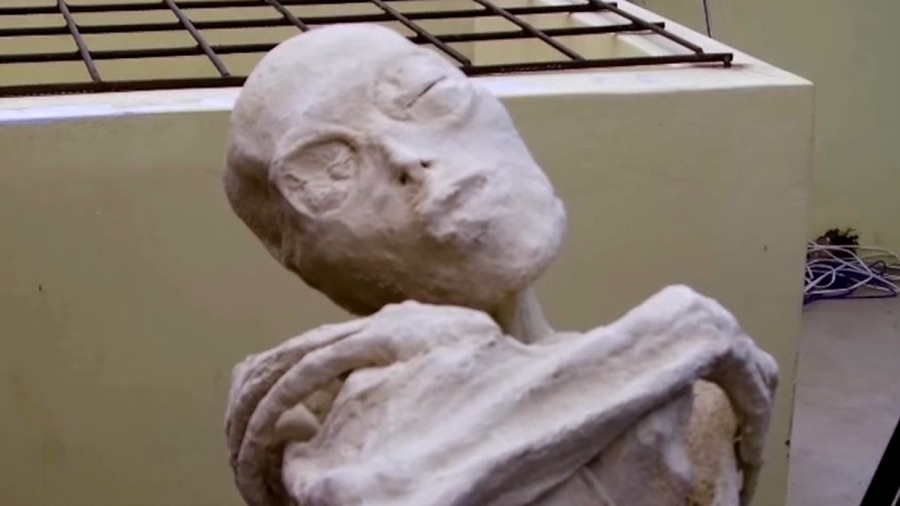
World’s Oldest Cheese, Found in Ancient Tomb, Was Also Very Dangerous.
Aged cheeses might have an appeal but a 3,200-year-old sample of the popular dairy product found in Egypt may be just a little too old — and diseased — for even the most dedicated cheese connoisseurs.
The cheese was found in the tomb of Ptahmes, a 13th-century BC mayor of Memphis, Egypt, and according to a new study in the journal Analytical Chemistry it is probably the most ancient solid cheese ever discovered.
“The sample was wrapped with a canvas into a broken jar,” said lead author Enrico Greco, from Italy’s University of Catania.
“The archaeologists suspected it was a kind of food left for the owner of the tomb and they decided to ask for chemical analyses.”
The team used unconventional scientific techniques to identify it as the remains of a solid cheese made from cow milk and sheep or goat milk.
They also found signs of a bacterium that causes the potentially deadly disease brucellosis, which spreads from animals to people via unpasteurised dairy products.
If the researchers’ suspicions are confirmed, the 3,200-year-old sample will also provide the world’s oldest reported biomolecular evidence of brucellosis.
Brucellosis is still around today, and present in Australia — last year there was concern about the disease spreading from pigs to humans and dogs in Queensland and New South Wales.
Cheese as ancient medicine
While the sample from Ptahmes’s tomb may have been diseased, ancient people actually used cheese as medicine, Dr Greco said.
“There are several examples in mural paintings with barter scenes where cheese was represented and certainly it was used in the Egyptian medicine during the Ptolemaic period,” he said.
“But until now we were not sure whether it was really part of the daily life of the ancient Egyptians.”
Researchers are not quite sure what the ancient cheese tasted like though.
“We do not have much information on what the taste could be, we know it was made mostly from sheep’s and goat’s milk, but for me it’s really hard to imagine a specific flavour,” Dr Greco said.
“I’m Italian, I love cheese and I know how much they can change in flavour and appearance even with very few differences in ingredients and process.”
Dr Greco, part of the burgeoning new field of archaeofood, was also involved in other ancient food discoveries.
“During the last year we found the oldest wine in the world (now become the second) and the oldest Italian olive oil.”
He and his team will continue to examine other materials found in the tomb of Phtames, which was first unearthed in 1885 before being lost to the shifting sands of the desert again until 2010.










![First Amazon Prime Air plane unveiled [Video] First Amazon Prime Air plane unveiled [Video]](https://webtopnews.com/wp-content/uploads/2016/08/First-Amazon-Prime-Air-plane-unveiled-Video.jpeg)


